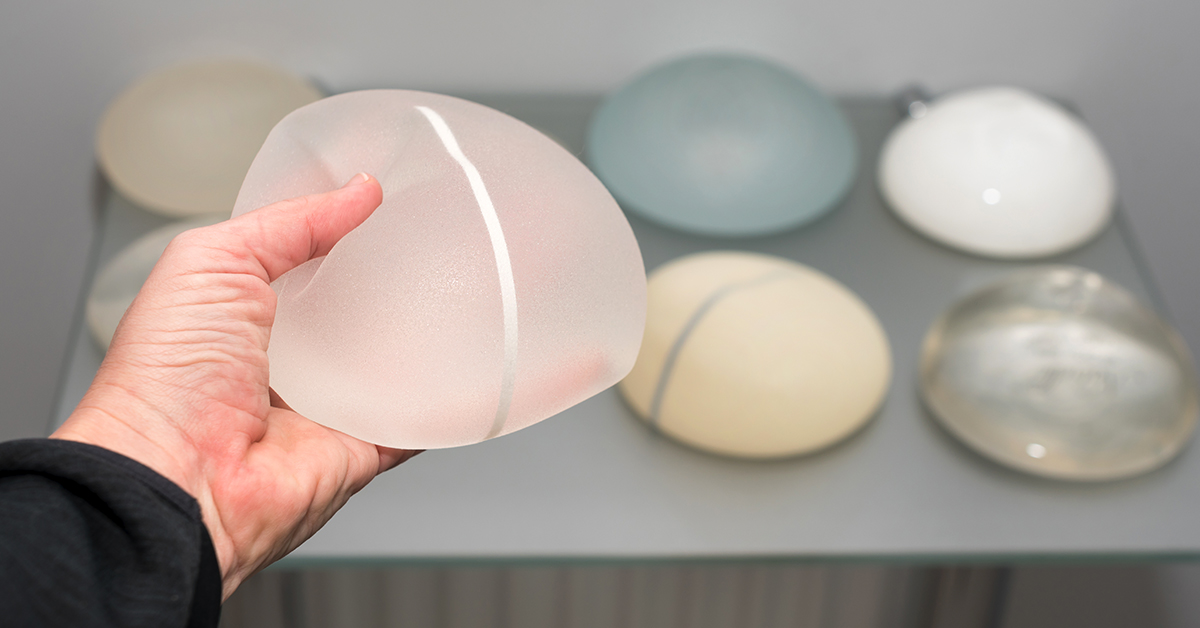
Breast Implant Illness (B.I.I.)
The emergence of a group of symptoms associated with breast implants was first described in Japan in 1964(1). These systemic symptoms are now collectively called Breast Implant Illness (B.I.I.). It is speculated that a nonspecific agent (breast implants) causes an increase in either the cellular or hormonal immune system.
Autoimmune symptoms include chronic fatigue, pain in joints, fibromyalgia, numbness and tingling in the upper and lower extremities. While the FDA is unable to say there is a direct relationship between silicone implants and autoimmune disease, there are some who believe silicone implants raise the risk of developing rheumatoid arthritis, scleroderma, sarcoidosis and other autoimmune diseases. Other symptoms may include chest pain, hair loss, chills, brain fog, and depression.
Presently there are no diagnostic tests specific for Breast Implant Illness. Autoimmune testing is available for specific disease processes that may be causing the patient’s symptoms. To date, there is no clear study that has shown a direct relationship with systemic illness. A study in 2000 by Rohrich et al showed a statistically significant improvement in subjective symptoms after removal of breast implants. Many of these patients went on to have no further surgery. Some went on to have a mastopexy or fat grafting and were pleased with their outcome. Presently, the American Society of Plastic Surgery is funding new research on B.I.I.
If you are symptomatic or think you have B.I.I., you should visit with a board certified plastic surgeon. He/She can try to eliminate other causes of your symptoms through a physical exam and lab tests. The most common mode of treatment for B.I.I. is to remove the capsule around the implant as well as the implant itself, referred to as en bloc. It is not recommended to place a new implant. A study published by the American Society of Plastic Surgeons showed a single surgeon’s practice had 89% improvement in symptoms by 3 months after implant removal and capsulectomy on these patients(2). A study done in the Netherlands found a 69% improvement of symptoms after capsulectomy and implant removal(3).
References
1. Miyoshi K, et al: Hypergammaglobulinemia by prolonged adjuvanticity in man: Disorders developed after augmentation mammoplasty. Jap Med J. 1964; 21 22:9-14.
2. American Society of Aesthetic Plastic Surgery. Breast Implant Illness – Frequently Asked Questions/Talking Points. Aug 2019.
3. Maijers MC et al. Women with Silicone Breast Implants and Unexplained Systemic Symptoms: A Descriptive Cohart Study. Neth J Med. Dec 2013:71(10).







